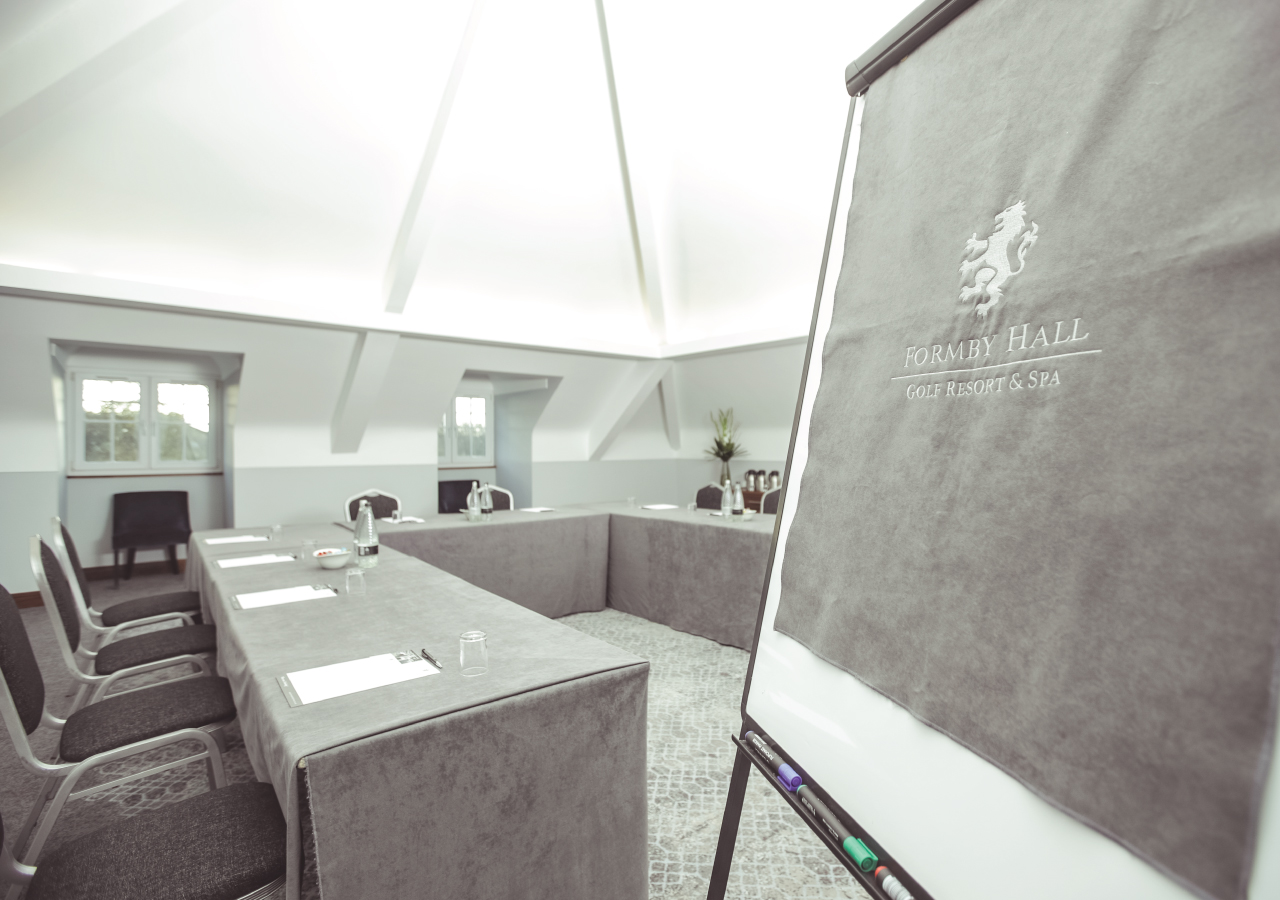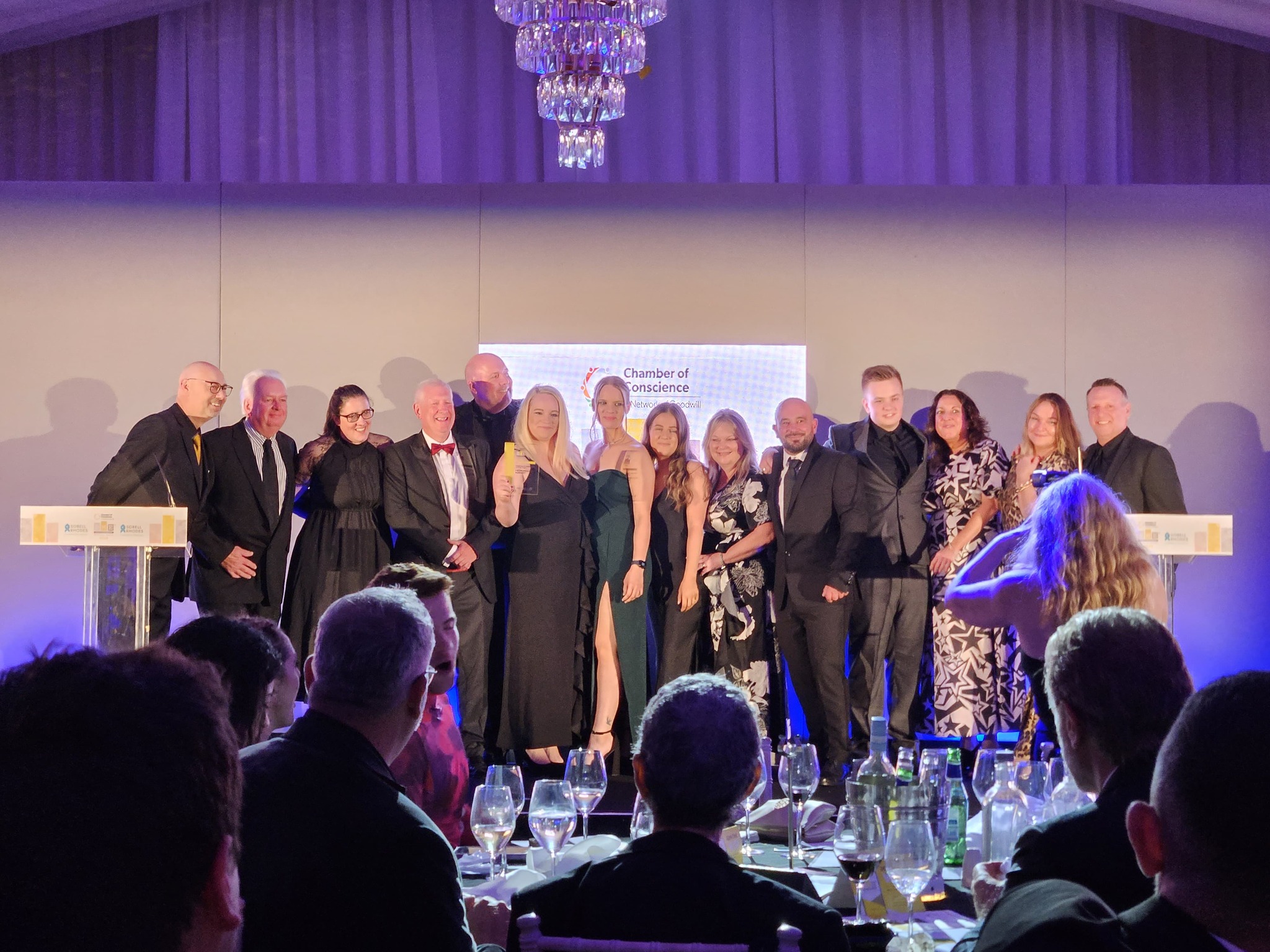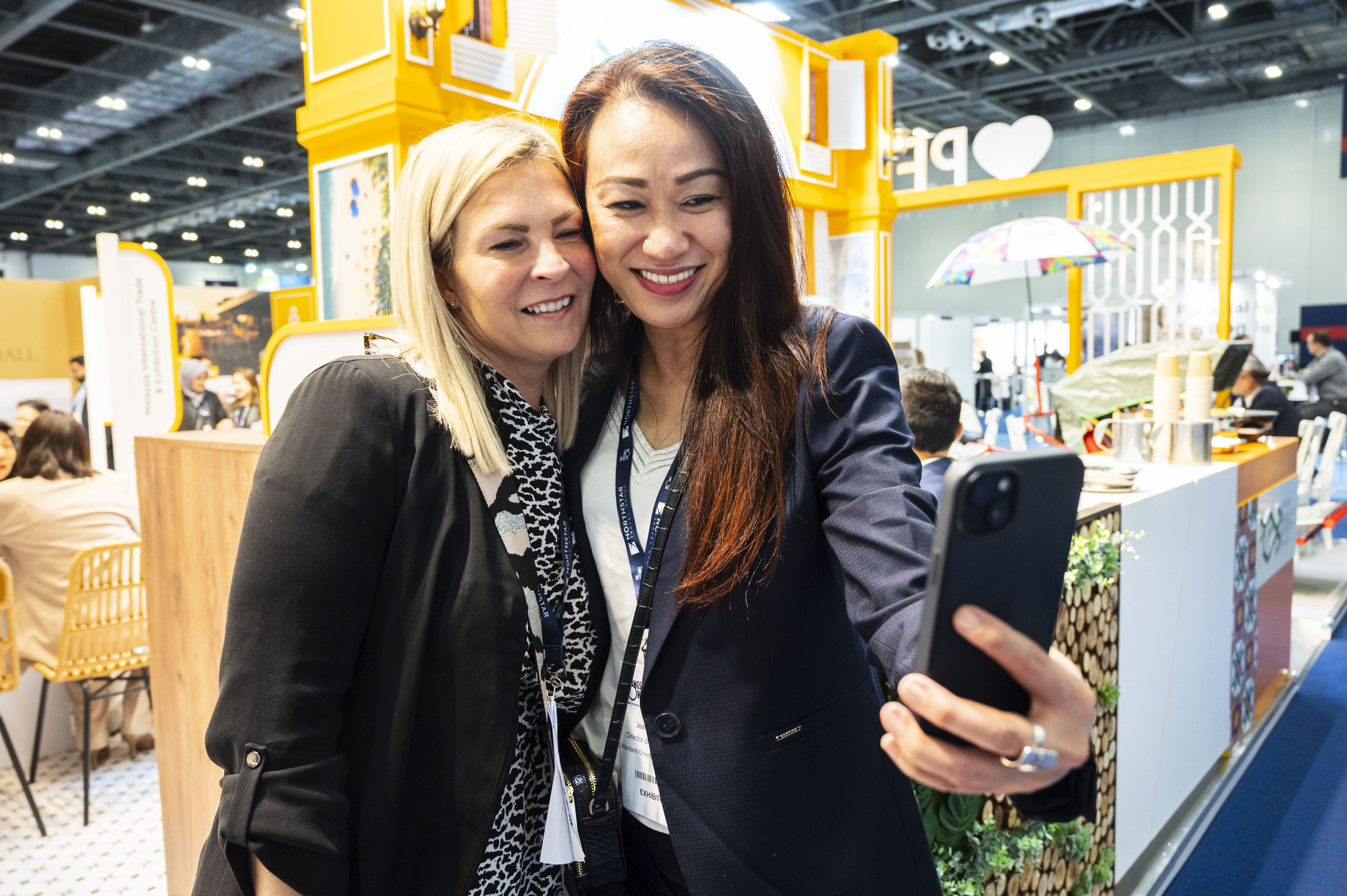On his plans for the association during his chairmanship, he has been quoted as saying, he wants to modernise the MIA, and first signs are that this will be the overriding theme of his tenure as Chairman.
Michael Scroop is a man who is passionate about the future of the "meetings":http://www.venues.org.uk/searches/meeting_rooms_venues.asp industry and has identified the MIA as the best vehicle for change. After playing a key part in preparing the Australian meetings industry for the Sydney Olympics, through the Meetings Industry Association of Australia, he is keen to do the same for the UK in the lead up to the London Olympics in 2012. The first stage will be a shake up of the industry’s image, opening it up to a younger generation of meetings professionals.
How does it feel to be the new Chairman of the MIA?
Scroop: I’m still getting my feet under the desk, or maybe I should say the meeting table, but it feels pretty good. As vice chairman I had a year to prepare for the role, but you never really fully get to grips with it until you formally take up the post. I have to say I feel really proud to be leading the association this year, and relishing the challenges that lie ahead.
In your inaugural speech, you said that you wanted to modernise the association, what do you mean by that?
Scroop: From time to time every organisation, commercial or otherwise, has to pause and look at who its customer, or in our case, member base is to ensure that the business is engaging with those people. Something that struck me as I stood before the audience at the MIA’s AGM, for the first time as chairman was that there were a lot of young faces in the audience. The meetings industry is incredibly fast paced with people moving around all the time and from what I can see, those people in key positions are getting younger all the time.
We need to make sure that we engage with the younger people in our industry. Increasingly, these are people for whom internet shopping, email, mobile phones and text messages are not products of the modern world, they are products of their world; these things that seem new to us have been a part of their lives since they were at school.To succeed we must speak their language, it’s their future and we must not only learn, but fully understand and harness what appeals to them.
The industry’s future success also depends on the rate at which we can attract those from colleges and universities to make a career in the meetings industry. We need to continuously communicate the benefits of being a part of this community.
Do you see the London Olympics in 2012 bringing benefits to the association and the industry as a whole?
Scroop: Absolutely. This is the event that will shape the careers of all those bright young individuals I’ve been talking about. The MIA has been a huge supporter of the bid to host the London Olympics, and we were thrilled to hear the result on 6th July last year.
I’m an Australian and I was living there during the build up to the Sydney games. At that time I was working with the Meetings Industry Association of Australia (MIAA), I saw the enormous growth in both leisure and business tourism the Games created, and was part of a team that was working to make the most of the opportunity for the "meetings":http://www.venues.org.uk/searches/meeting_rooms_venues.asp industry. Now, almost a decade later, I am fortunate enough to be experiencing it all over again. I see, hear and read of the expectations relating to the London Olympics everyday and I know we will see the same success here as I saw in Sydney back in 2000; it’s very exciting.
And the great news for me is that I am able to use the experience I gained then to steer the industry via the MIA. We are currently developing an information pack for members which will help them identify the many opportunities that the London Olympics will offer the industry. That’s the first stage, there’s more to come.
What can we expect from the new MIA accreditation?
Scroop: The new scheme will be far simpler to both administer and subscribe to; these are the two factors that H-AM’s success was hindered by. The accreditation will be geared towards convincing buyers that there are considerable advantages in using venues that are MIA members, and will focus on highlighting the quality of service available from them. It will be a mark of reassurance.
We are still in the middle of our consultation process at the moment, so more details will be released very shortly, but what I can say is that this new scheme will be one of the most important developments in the meetings industry for many years. This really is something to look forward to and all of us involved can’t wait to tell our members and the wider industry the full details.
What would you like to have achieved at the end of your term next year?
Scroop: I have so many ambitions for the association, so it is difficult to answer that one properly in the detail it requires yet in the succinct way required by you. But, clearly my main objective is the same as the overall objective of the MIA and that is to continuously raise the profile of the meetings industry in this country, and make all concerned aware of what an incredible pool of talent and creativity we have here in the UK.






